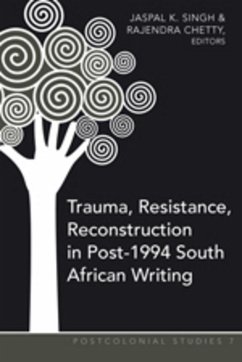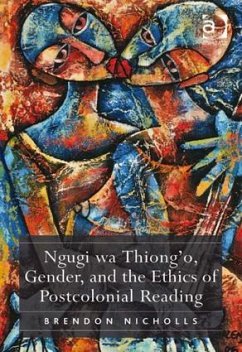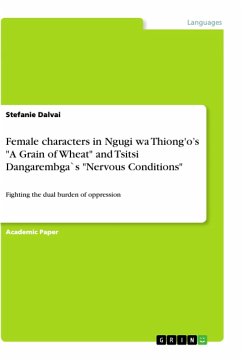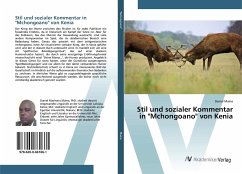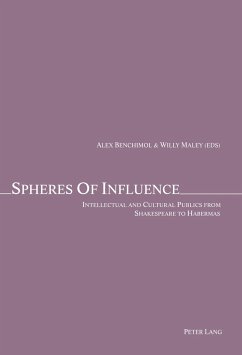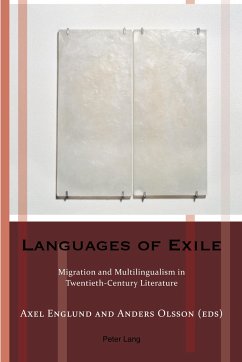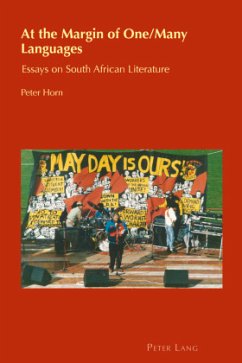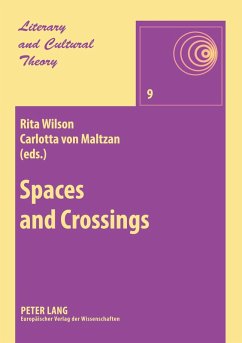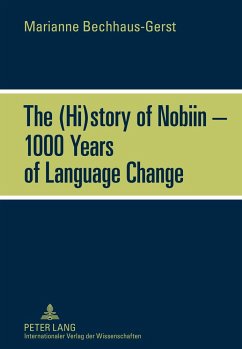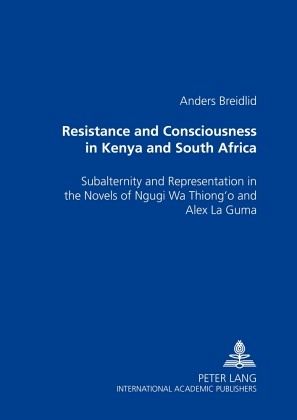
Resistance and Consciousness in Kenya and South Africa
Subalternity and Representation in the Novels of Ngugi Wa Thiong'o and Alex La Guma
Versandkostenfrei!
Versandfertig in 6-10 Tagen
104,20 €
inkl. MwSt.

PAYBACK Punkte
0 °P sammeln!
This study undertakes an analysis of the models of response (resistance/non-agency) to colonial, apartheid and post-colonial imposition which are posited in the novels of the Kenyan author Ngugi wa Thiong'o and the South African writer Alex La Guma. Such a focus involves related issues such as the relationship between the consciousness level of the subaltern and his/her capacity for resistance, and how oppression affects self-construction and consciousness. Since the book deals with resistance and consciousness within the textual space of the novels, the central issue raised in the study is ex...
This study undertakes an analysis of the models of response (resistance/non-agency) to colonial, apartheid and post-colonial imposition which are posited in the novels of the Kenyan author Ngugi wa Thiong'o and the South African writer Alex La Guma. Such a focus involves related issues such as the relationship between the consciousness level of the subaltern and his/her capacity for resistance, and how oppression affects self-construction and consciousness. Since the book deals with resistance and consciousness within the textual space of the novels, the central issue raised in the study is explored around questions of representation. The study places the texts in the historical and political context of colonial and post-colonial Kenya and apartheid South Africa.
The study analyses the development of the two authors' literary careers and distinguishes between two phases in the two authors' fiction, viz. their «counter-hegemonic» and their «combat» fiction. While the counter-hegemonic fiction resists essentialist representation of subaltern consciousness and rejects an essentialist view of resistance as an obvious, non-contradictory act, the study claims that their combat literature is a more direct, uncompromising and often one-dimensional reaction and struggle against the oppressor.
The study analyses the development of the two authors' literary careers and distinguishes between two phases in the two authors' fiction, viz. their «counter-hegemonic» and their «combat» fiction. While the counter-hegemonic fiction resists essentialist representation of subaltern consciousness and rejects an essentialist view of resistance as an obvious, non-contradictory act, the study claims that their combat literature is a more direct, uncompromising and often one-dimensional reaction and struggle against the oppressor.



